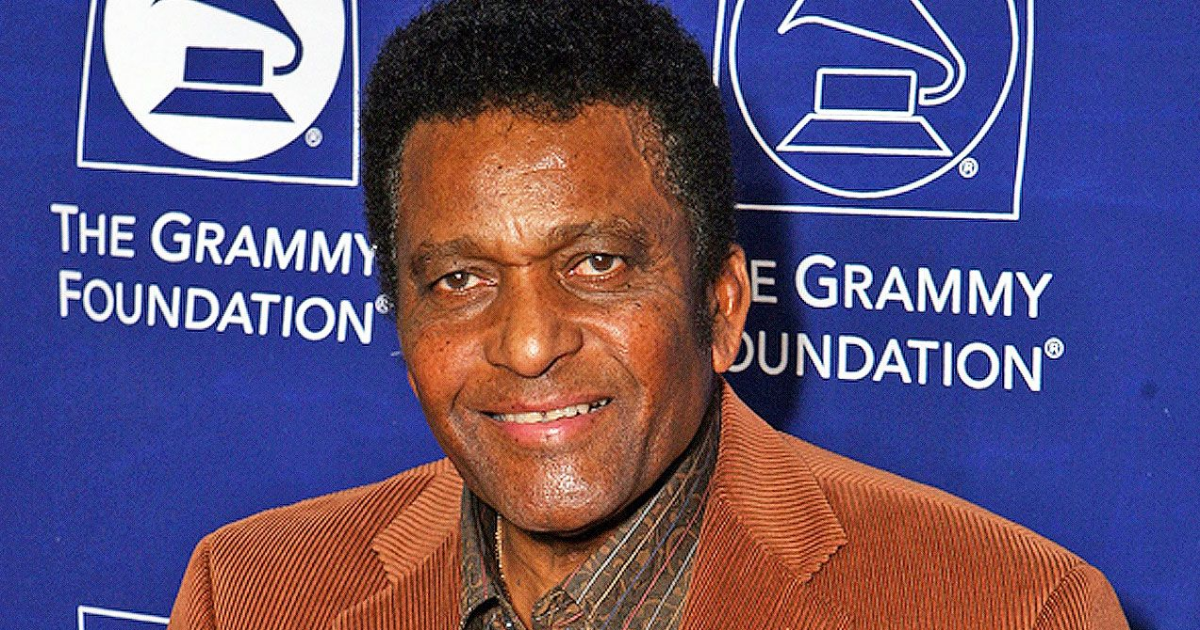About the song
“There Goes My Everything” is one of the most emotionally resonant songs ever recorded by Charley Pride, released in 1969 as part of his early breakthrough period in country music. Though the song was originally written by Dallas Frazier and first popularized by country legend Jack Greene in 1966, Charley Pride’s interpretation remains one of the most admired and deeply felt performances of the piece. Pride brought a unique warmth, emotional weight, and vocal sincerity that distinguished his version from all others, reaffirming his ability to take established material and transform it into something unmistakably his own.
The track belongs to the traditional country genre, complete with the hallmarks of classic Nashville Sound production: gentle acoustic strumming, smooth electric guitar fills, restrained percussion, and the mournful cry of the steel guitar. This combination of polished production and heartfelt simplicity is a perfect backdrop for Pride’s soulful voice. His interpretation leans into the sorrow of the lyrics, creating a listening experience that feels intimate and personal, as if the narrator is inviting the audience directly into his emotional world.
At its core, “There Goes My Everything” is a ballad about heartbreak and loss—a slow, reflective piece that captures the moment when a relationship reaches its end. The lyrics paint a vivid picture: the sound of footsteps walking away, the fading presence of a loved one, and the sharp, immediate pain of realizing that life will never be the same. Unlike more dramatic or angry breakup songs, this one is centered on quiet grief, acceptance, and the deep ache of emotional abandonment. The narrator isn’t bitter; instead, he is stunned, devastated, and simply trying to comprehend the magnitude of what he has lost.
Charley Pride’s vocal delivery is one of the defining characteristics of his rendition. His rich baritone voice elevates the song’s emotional depth, bringing a deep sense of vulnerability. Pride sings with a calm, steady tone, but beneath the surface lies a tremor of sorrow—a subtle emotional tension that perfectly mirrors the song’s themes. He avoids vocal embellishment; instead, he chooses simplicity and directness, letting the lyrics speak for themselves. This understated approach is powerful, giving the song a sense of authenticity that resonates deeply with listeners.
The musical arrangement reinforces the emotional tone of the song. The steel guitar weaves soft, mournful lines throughout the track, acting almost like an extension of the narrator’s heartache. The rhythm section is gentle, never overpowering, keeping the focus firmly on the vocals. The pacing is slow but steady, allowing each line to linger just long enough to register with the listener before the next arrives. This measured tempo enhances the song’s introspective mood, giving space for reflection and emotional connection.
Although Jack Greene’s version became a major hit and earned awards, Charley Pride’s recording stands out for its cultural and historical significance. As one of the few African-American artists achieving mainstream success in country music during the late 1960s, Pride brought a new dimension to every song he touched. His version of “There Goes My Everything” not only reaffirmed his versatility as an artist but also demonstrated his remarkable ability to interpret deeply emotional material with sincerity and grace. At a time when racial barriers in the genre were still firmly in place, Pride’s success helped open doors and challenge long-standing assumptions about who could be a country star.
The song also reflects a defining aspect of Pride’s artistry: his deep connection to emotional storytelling. Throughout his career, he excelled at conveying themes of love, heartbreak, loneliness, and devotion in a way that felt relatable and universally human. “There Goes My Everything” is a perfect example of this strength. The emotion he communicates feels unforced, genuine, and grounded in real experience. This is perhaps why listeners continue to embrace the song decades after its release.
The universal nature of the lyrics also contributes to the song’s longevity. Anyone who has experienced the end of a meaningful relationship can relate to the quiet devastation the narrator expresses. The song speaks to that heavy, sinking feeling that accompanies the realization that someone you depend on, someone who defines your life, is slipping away. Pride’s gentle interpretation captures this emotional truth with exceptional clarity.
In conclusion, Charley Pride’s 1969 rendition of “There Goes My Everything” stands as one of his most heartfelt and memorable recordings. Rooted in traditional country style, characterized by beautifully restrained production and a deeply moving vocal performance, Pride’s version transforms a well-known classic into a profoundly personal statement. His ability to blend emotional vulnerability with vocal strength ensures that the song remains a timeless entry in the history of country music—one that continues to resonate with old fans and new listeners alike.
